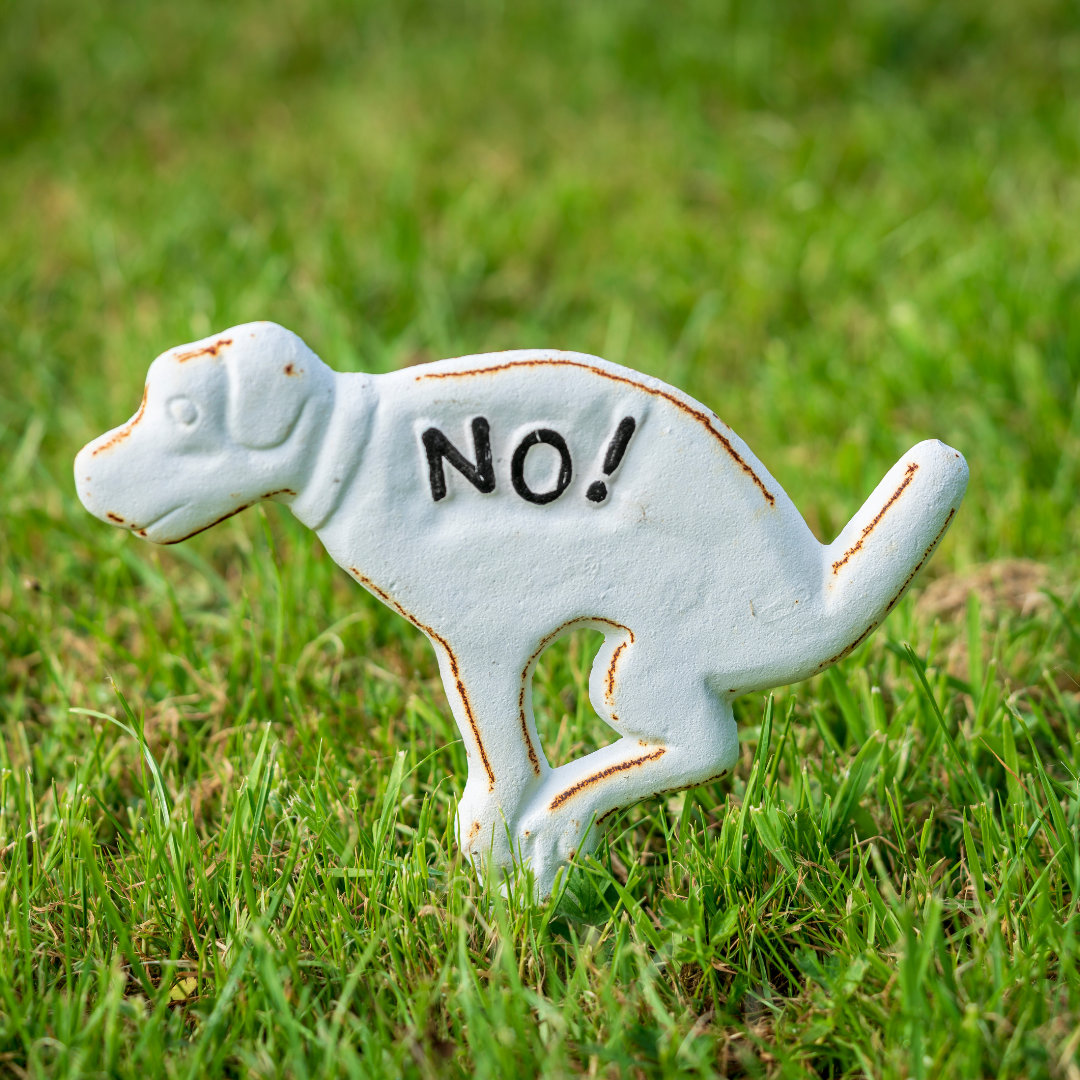If your dog has an upset stomach, odds are you know it. In fact, pretty much anyone around you knows it, as your dog’s butt is stinky and they may leave a trail of poop soup behind them.
You may have heard the terms colitis or irritable bowel syndrome or Inflammatory Bowel Disease and didn’t really think much about it because you just wanted your dog’s poop problems to be better.
There is a difference between canine Irritable Bowel Syndrome (or colitis) and Canine Inflammatory Bowel Disease, though, and it’s important you know so you can best help your dog.
What’s the difference between irritable bowel syndrome and inflammatory bowel disease in dogs?
If you Google either, you’ll find similar articles for both. In fact, you’ll see the terms used interchangeably, and it’s true that there is a relationship between the syndrome and the disease. But, it’s important that you know that they are different.
IBS is a syndrome–or a set of symptoms that occur intermittently. Sometimes it’s the same trigger that brings the symptoms on (food sensitivity, stress, etc.) and sometimes it’s something unrelated to something that’s happened before (eating something they shouldn’t). The syndrome symptoms come and go, and are typically dependent on outside triggers.
IBD, however, is a disease. It’s a chronic (longer-term) situation where some of the symptoms may be the same, but the ‘triggers’ are different. For instance, many vets believe that Irritable Bowel Syndrome is more psychosomatic–psychologically based on stress or anxiety–or triggered by specific food sensitivity rather than an inflammatory intestinal issue as is often the case with IBD. Inflammatory Bowel Disease is when your dog’s intestinal wall lining becomes irritated and inflamed. This is often caused by a viral or bacterial infection, or a physiological condition, and is a chronic and consistent condition. In most cases of IBD, your dog’s intestinal lining is so inflamed, its functionality is impaired and your dog’s overall health is jeopardized.
When your dog is suffering from Inflammatory Bowel Disease, he is repeatedly suffering from nutritional deficiency because his intestines simply cannot do the work that needs to be done to bring on optimal absorption.
Your dog can have Irritable Bowel Syndrome but NOT Inflammatory Bowel Disease; however, he cannot have Inflammatory Bowel Disease without also having the syndrome. Some vets believe that Inflammatory Bowel Disease can even be the result of prolonged and under-managed Irritable Bowel Syndrome.
What causes irritable bowel syndrome in dogs?
The causes of Irritable Bowel Syndrome in Dogs are thought to be situational and intermittent. Stress, separation anxiety, depression…those can leave your dog’s gut feeling in turmoil and causing IBS symptoms. They may also be sensitive to certain ingredients in their food or be in the middle of reacting to a medicine course they’ve just completed. They may eat something they shouldn’t (baby pacifiers are delicacies often found in dogs’ stomachs!) or simply overeat and have trouble digesting due to indulgence.
What causes inflammatory bowel disease in dogs?
Inflammatory Bowel Disease is pretty elusive still to most vets. It’s challenging as it is often a diagnosis that has so many IBS overlapping symptoms.
The primary causes of IBD in dogs depend on the types they are suffering. The most common type of IBD is Lymphocytic-plasmacytic enterocolitis (say that three times quickly). To identify this type of canine IBD, a biopsy confirms excessive amounts of plasma cells and lymphocytes on your dog’s colon wall or small intestine.
Eosinophilic enterocolitis is diagnosed with the presence of eosinophils in your dog’s colon, small intestine or stomach. Eosinophils are small white blood cells that are in your dog’s bone marrow. They control your dog’s inflammatory and allergic response.
For Granulomatous enteritis, your vet will perform a biopsy. This type of Inflammatory Bowel Disease is rare, and the inflammation so great that your dog’s small bowel narrows and causes a significant impact.
How can Bernie’s Perfect Poop help IBS or IBD in dogs?
When your dog is suffering from IBS or IBD, you just want to help them. You feel horrible for them, as you know it can’t be comfortable and you want them to be the happiest and healthiest they can be. For symptoms that accompany both IBS and IBD, the ingredients in Bernie’s Perfect Poop are just what the doctor ordered—literally. Premium fiber like Miscanthus grass, pumpkin and flaxseed will help your dog’s digestive tract bulk his stool up and take away the runny poops. Pre- and probiotics will encourage a healthy microbiome and prevent your dog’s gut from being irritated and overreacting. Digestive enzymes will allow the optimal nutrient absorption they need to fuel every cell of their body, and all of the work toward good dog gut health leads to a healthier immune system overall.
It’s important you talk with your veterinarian about the symptoms your dog is showing, and be sure that you know whether you’re dealing with IBS or IBD. If your dog is suffering from IBD, Bernie’s Perfect Poop can certainly help, but there may also be options from your vet that you’ll want to use in conjunction for the best efficacy.


